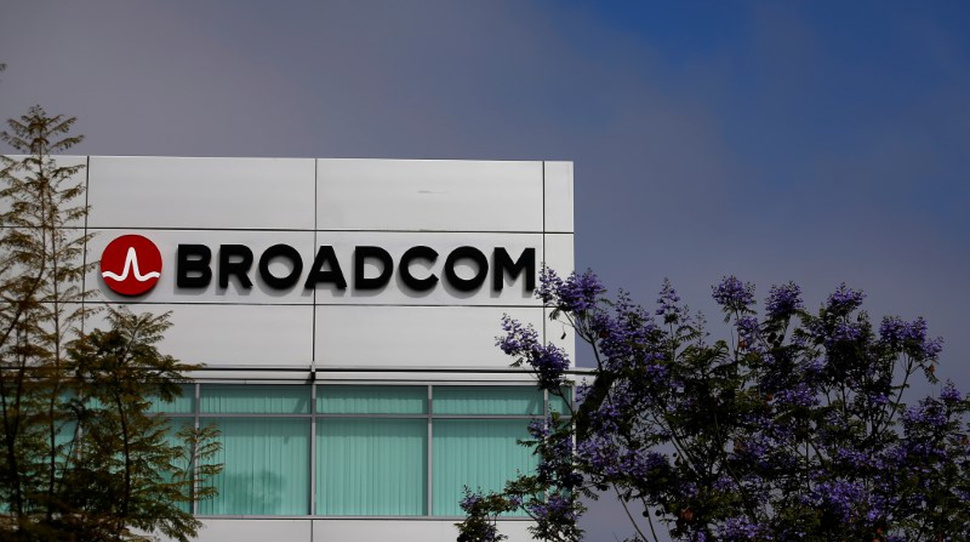The Rise and Challenges of AI Technologies in 2025
Author: Mohd Haider

In 2025, the landscape of artificial intelligence (AI) continues to evolve at a breathtaking pace. Major players such as Amazon, Nvidia, and Oracle are making headlines with innovative developments that not only enhance the capabilities of AI but also reshape the competitive landscape. As consumers and businesses embrace these technologies, the implications for industries are profound.
One of the most significant recent developments is Amazon’s Zoox introducing free robotaxi rides on the Las Vegas Strip. This initiative marks a substantial step towards the vision of fully autonomous urban mobility. Zoox's service, which operates without human drivers, is poised to challenge existing players like Tesla and Waymo, amplifying the race for dominance in the driverless vehicle market. As rides are offered for free, it opens up a myriad of possibilities for enhancing customer experience and collecting valuable data to refine algorithms.

Amazon’s Zoox launches free robotaxi rides in Las Vegas, marking a new era of autonomous transportation.
In parallel, Nvidia remains a formidable force in the AI sector, but its grip may be challenged. Several of Nvidia's largest clients, including tech giants like OpenAI, are pivoting towards Application-Specific Integrated Circuits (ASICs) to lessen their dependence on Nvidia’s GPUs. This development could significantly impact Nvidia’s market hold as competitors like Broadcom step in, promising custom solutions tailored to specific needs.
Broadcom recently secured a custom XPU client believed to be OpenAI, joining others such as Meta and Google. This shift illustrates a broader industry trend where companies seek to enhance performance and reduce costs by developing specialized hardware. As these changes unfold, investors speculate on who will emerge victorious in the ongoing battle between GPU reliance and ASIC deployments.
Additionally, Google's AI advancements continue to make waves, particularly with their investments in AI startups and developments focused on enhancing user interactions through AI. The company’s efforts resonate across various sectors, including search, personal assistants, and cloud-based solutions, propelling it into a leadership role in AI innovation.
Meanwhile, Oracle’s recent positioning as a strong contender in the AI stock market challenges the notion that Nvidia is the only player to watch. Analysts suggest that Oracle’s integrated AI solutions, which focus on enhancing data applications, could yield significant returns as businesses increasingly adopt AI methodologies. As companies navigate the waters of AI integration, Oracle's first-mover advantage in quantum integration offers a promising avenue for future growth.

Nvidia faces competition as leading clients turn to ASIC technology for AI applications.
As the tech landscape evolves, companies like HappyRobot are also staking their claims in the AI market. Recently having raised $44 million in a Series B funding round, HappyRobot aims to revolutionize its AI-native operating system to autonomously manage complex tasks, thereby setting a new standard in operation efficiency. Legal advisement from firms like Wilmer Cutler Pickering Hale and Dorr underscores the increasing investment interest in AI startups.
The ongoing battle among AI innovators is not just about technology but includes strategic funding and anticipating market needs. With funding rounds like HappyRobot’s drawing attention, it suggests that investors are increasingly looking beyond established names like Nvidia towards emerging startups promising groundbreaking solutions.
Looking ahead, predictions regarding AI’s trajectory seem optimistic yet cautious. Market analysts identify certain AI stocks as potential frontrunners by 2030, underscoring the significance of staying ahead of trends and technological innovations. The competition among these companies will likely intensify, leading to accelerated advancements and potential market shifts.
In conclusion, the AI landscape in 2025 is characterized by rapid evolution and fierce competition. As companies like Amazon, Nvidia, Oracle, and newer entrants like HappyRobot maneuver through the market, the implications for investors, consumers, and technology enthusiasts are substantial. The integration of AI technologies into daily life and business operations suggests a transformative era ahead, with outcomes that are still unfolding.